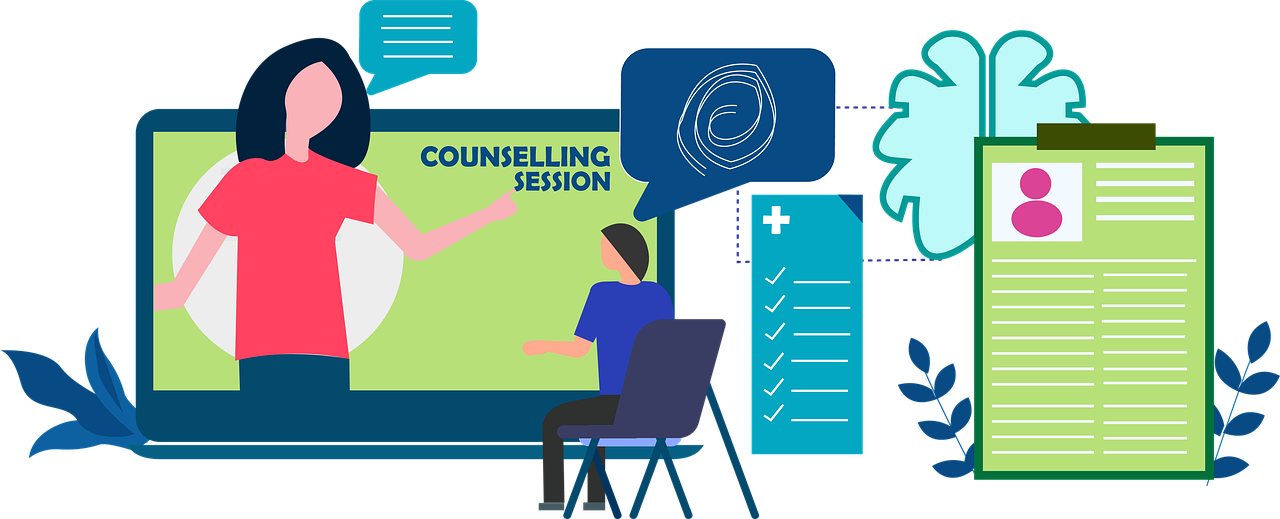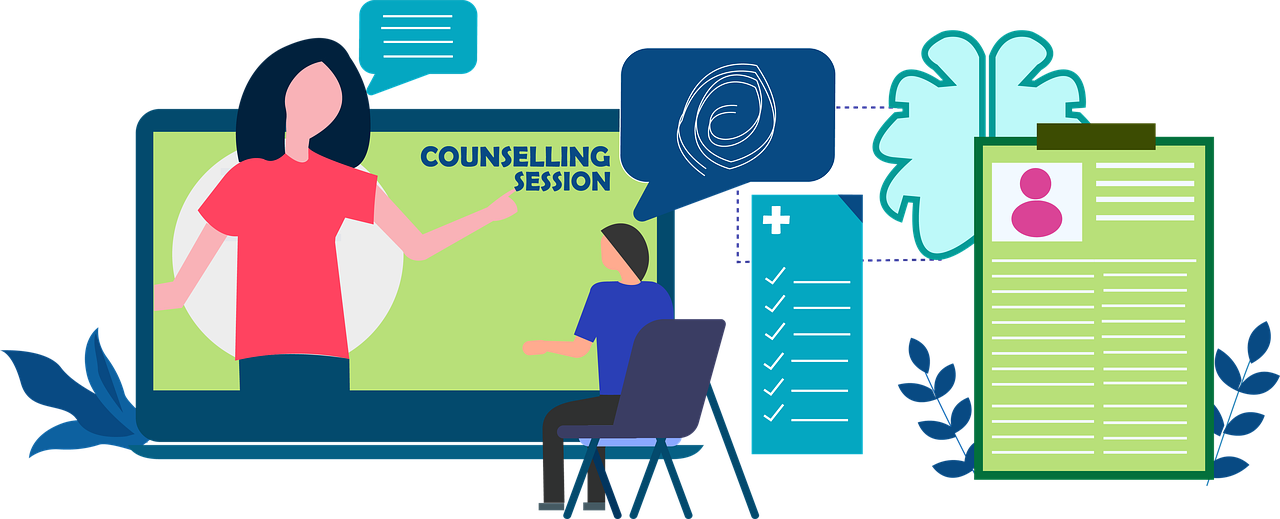How to Prepare for Career Counselling in Singapore: A Step-by-Step Guide

How to Prepare for Career Counselling in Singapore: A Step-by-Step Guide
Navigating career decisions can be overwhelming, especially in a competitive and rapidly evolving job market like Singapore’s. Whether you're a student choosing your first career path or a mid-career professional considering a pivot, seeking career counselling can provide much-needed clarity and direction. But how can you make the most of your counselling session? Preparing effectively is key to uncovering opportunities, addressing doubts, and setting actionable goals.
Why Career Counselling Matters in Singapore
Singapore's economic landscape is diverse, ranging from financial services and technology to healthcare and logistics. With new industries emerging and old ones transforming due to digitalization, individuals must continuously reassess their career trajectories. Career counselling bridges the gap between individual aspirations and market realities. It not only helps people understand their strengths and interests but also aligns these with viable career paths in a dynamic economy.
In a country that promotes lifelong learning through initiatives like SkillsFuture, career counselling is more than a one-time consultation—it can be a recurring process that aligns with professional development. By engaging with certified counsellors, individuals gain insight into potential fields, suitable job roles, and even educational pathways that can enhance employability.

Understanding What to Expect
A common misconception is that career counselling is just about taking a few aptitude tests. In Singapore, the process is often far more holistic. Counsellors assess your personality, values, skills, and long-term goals. Sessions may include structured interviews, psychometric testing, and in-depth discussions. Depending on the provider—whether it's through schools, universities, government programs, or private career coaches—the format and focus can vary, but the goal remains consistent: to help you make informed career choices.
Knowing what to expect beforehand helps to avoid being caught off guard. You may be asked about past experiences, future ambitions, and even fears regarding work. Some sessions might involve role-play, mock interviews, or interactive workshops. The more honest and open you are during these activities, the more tailored and useful the advice will be.
Step 1: Reflect on Your Goals and Motivations
Before setting foot in a career counselling session, take time to self-reflect. Ask yourself what you truly want out of your career. Is it stability, creative expression, a chance to lead, or making a difference? Do you enjoy working with people or prefer a more technical, independent role?
Make a list of experiences—both positive and negative—that have shaped your professional outlook. Think about what excites or frustrates you in past jobs or school projects. These reflections will provide your counsellor with valuable context and enable them to guide you toward more fulfilling choices.
Step 2: Gather Key Documents and Information
Counsellors can provide better advice when they have access to relevant background information. Prepare your academic transcripts, résumés, certificates from courses or workshops, and records of any internships or work experience. If you’ve taken personality or aptitude tests in the past, bring those results along too.
In Singapore, agencies or career centres at universities may have digital platforms where your records are already stored. Make sure you can access these profiles easily, and update any outdated information to avoid misdirection during your session.
Step 3: Research the Counselling Provider
The nature and depth of counselling can vary widely depending on the provider. Those accessing services through public channels like the Employment and Employability Institute (e2i) or the National University of Singapore (NUS) might encounter a different approach than someone working with a private career coach.
Explore the provider’s website to understand their methodology, expertise areas, and even reviews if available. This helps manage expectations and allows you to prepare relevant questions. Some counselling providers specialize in transitions—like moving from school to work, or shifting industries—while others focus on personal development or entrepreneurship. Knowing this ahead of time ensures your session is aligned with your needs.

Step 4: Prepare Thoughtful Questions
Coming in with questions shows initiative and helps the session stay focused. You might ask about emerging job trends in Singapore, industry-specific skill demands, or the feasibility of switching careers later in life. If you're a student, questions about course selection, internships, or co-curricular activities that align with your goals can be highly productive.
Avoid generic queries and instead focus on specific uncertainties. For instance, instead of asking, “What job suits me?” consider framing it as “How can I match my interest in sustainability with career opportunities in Singapore’s green economy?”
Step 5: Keep an Open Mind
Career counselling is most effective when approached with curiosity and openness. While you may have certain expectations or preferences, be willing to consider paths that hadn’t occurred to you. Counsellors might suggest fields or roles that seem unfamiliar but are well-suited to your profile.
In Singapore’s fast-evolving job landscape, adaptability is a strength. Whether it’s considering hybrid roles or gaining new certifications, a willingness to explore new options can open doors that conventional thinking might have overlooked.
Step 6: Plan for the Follow-Up
The session shouldn't be the end of your journey. Use the outcomes to build an actionable plan. This could involve enrolling in courses, applying for internships, networking with professionals, or exploring shadowing opportunities. Discuss a realistic timeline with your counsellor and set checkpoints to monitor your progress.
In many cases, follow-up sessions can refine your strategy or address new questions as they arise. Some institutions offer ongoing support, including career fairs and workshops, that complement the initial counselling.
Navigating Online and Hybrid Options
With digital tools becoming commonplace, career counselling is no longer limited to in-person meetings. Virtual sessions offer flexibility and can be particularly useful for working adults or those with time constraints. Some platforms provide online tools for self-assessment, job matching, and course recommendations, many of which can be explored before or after your counselling session to maximize impact.
The Cultural Context in Singapore
Career choices in Singapore are often influenced by family expectations, societal norms, and education paths. Counsellors are trained to address these cultural factors and can help bridge gaps between personal interests and external pressures. This is particularly relevant for younger individuals who may feel torn between their passions and pragmatic considerations such as job stability or income potential.
Understanding this context allows for more nuanced discussions during the session. It also highlights the importance of communicating openly with both your counsellor and your support system.

Moving Forward with Confidence
The journey to career fulfilment is rarely linear, and even the best-laid plans may evolve over time. What matters most is taking that first step equipped with the right mindset and tools. Preparing thoughtfully for a career counselling session in Singapore empowers you to make informed decisions, stay agile in your approach, and ultimately pursue a career that resonates with your aspirations and strengths.
